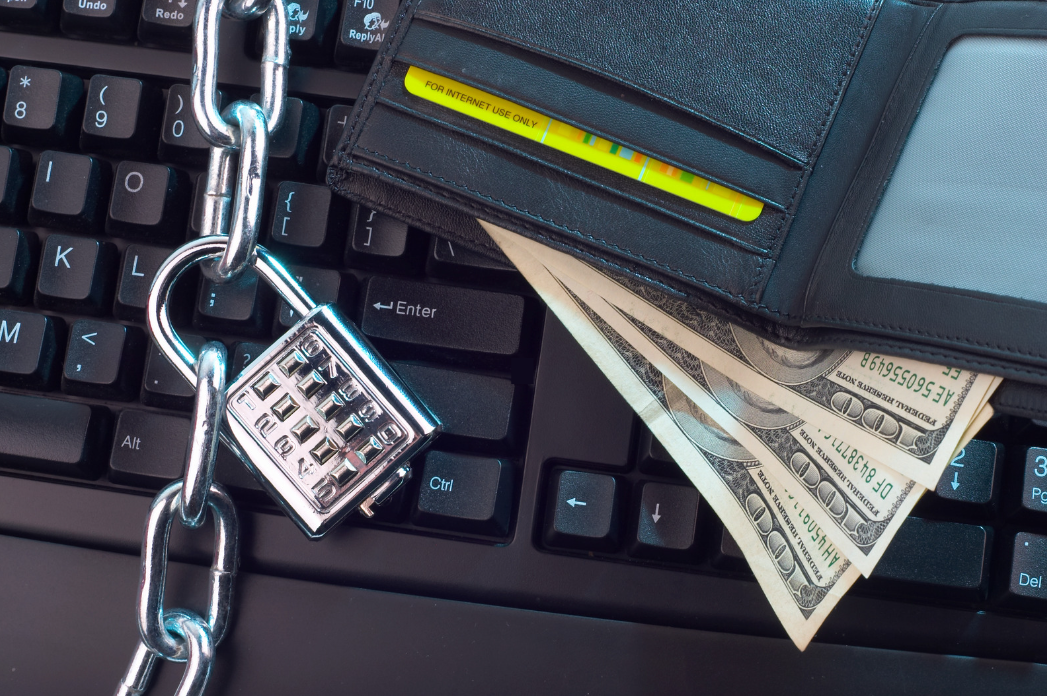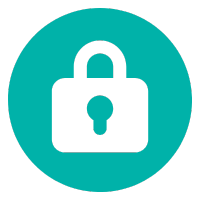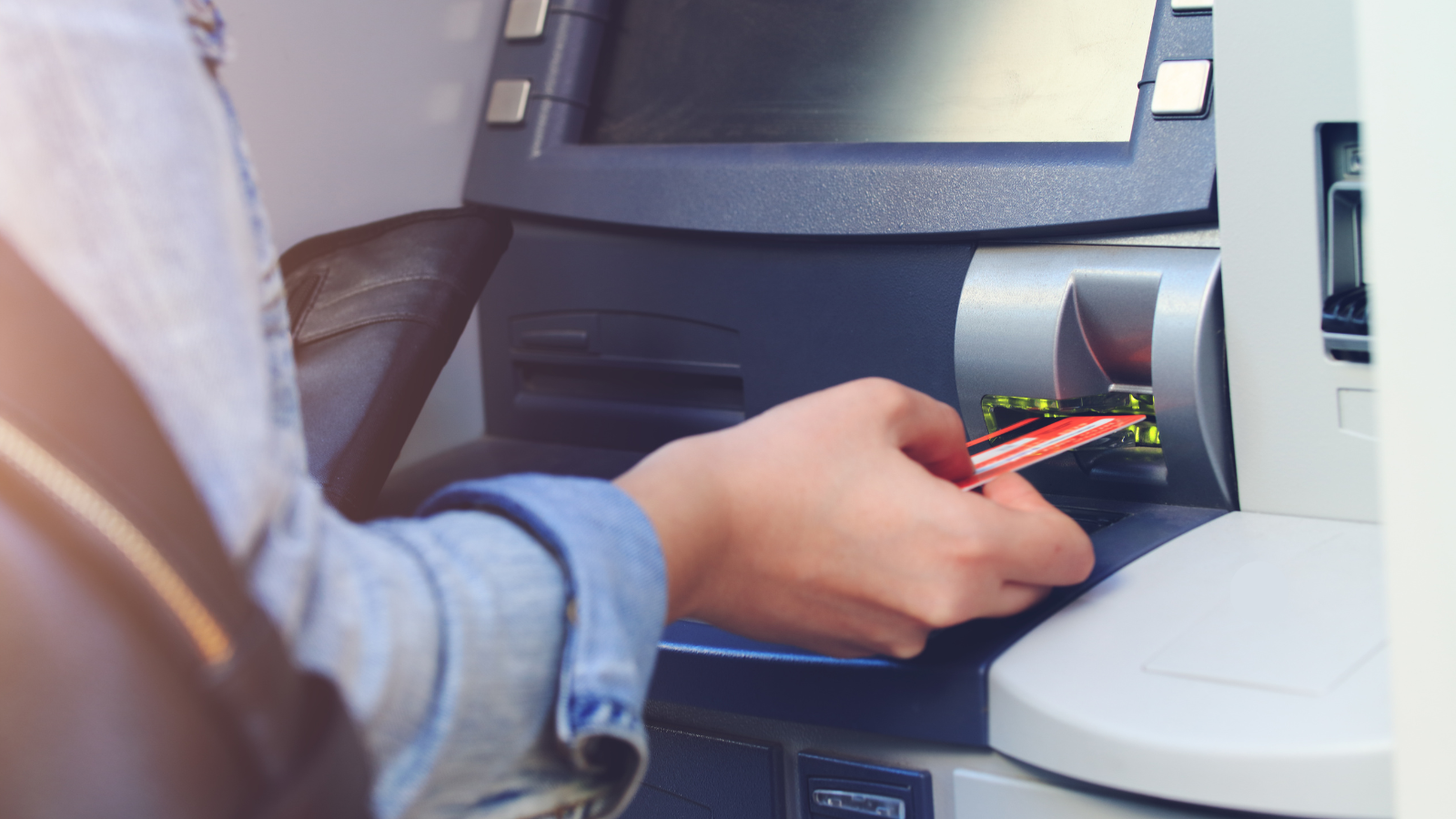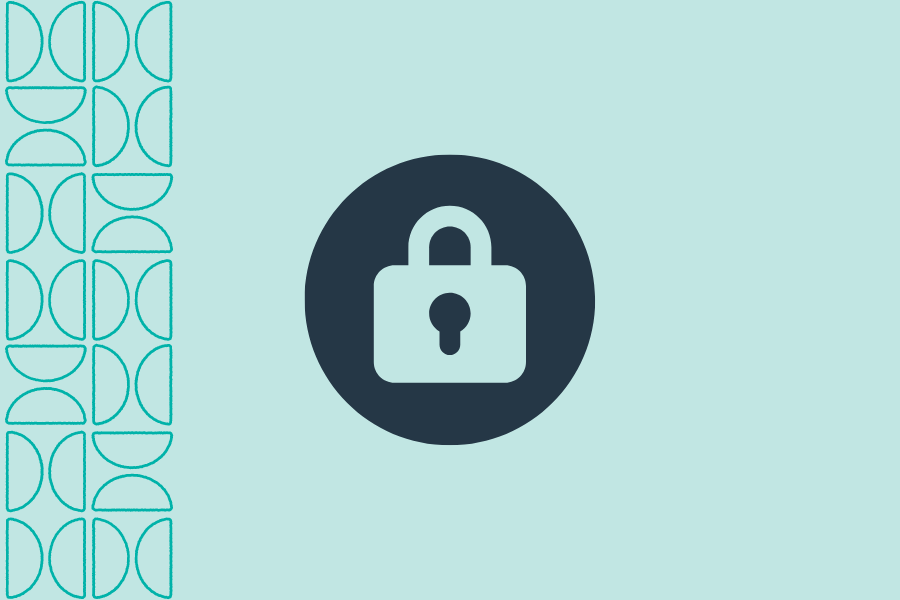Fraud
Fraud
Stay Safe from Fraud – We Got You.
Fraud attempts are becoming more sophisticated. While this may not impact you directly, it’s important to know what scams are out there and how to protect your information.


What CPB Will Never Do
Stay vigilant to protect yourself and your finances. Remember, CPB will never ask you for confidential account information over the phone, email, or text message. CPB will also never:
- Ask for your password, one-time code, or full account number
- Send unsolicited links via text, email, or social media
- Pressure you to act urgently or confirm a transaction you don’t recognize
When in doubt, verify the source by contacting CPB directly at (808) 544-0500 or visiting cpb.bank.


How to Protect Yourself
Here are a few simple ways to stay secure:
- Use strong and unique passwords
- Don’t click on links from unknown sources
- Avoid sharing personal or account details over phone, text, or email
- Monitor your accounts regularly using CPB Online or Mobile Banking
- Keep your contact info up to date so we can reach you if needed
Common Scam Types
Fraud comes in many forms. Here are a few common scams we’re seeing – click to learn more:
Impersonation Scams
-
Scammers may pose as CPB employees or other trusted contacts to get your personal or account information.
Spoofing Attacks
-
Fraudsters can disguise phone numbers or emails to look like they’re from CPB – even though they’re not.
Investment Scams
- Bad actors may offer fake investment opportunities or use fear during market volatility to gain your trust.
Tip
If something doesn’t feel right, don’t respond. Call us directly at (808) 544-0500.

How to Report Fraud
If something feels off – whether you were scammed or just unsure – here’s what to do:
- Call CPB right away at (808) 544-0500. We’ll help you secure your accounts and walk you through next steps.
- Report to the FTC at reportfraud.ftc.gov. This helps national agencies track patterns and shut down scams.
- If money was lost, file a police report. Your local police department can assist if funds were stolen or identity theft occurred.
- For seniors, you can also call the Elder Fraud Hotline: 1-833 FRAUD-11 (1-833-372-8311)
For additional resources on fraud prevention and identity theft recovery, visit:
- Federal Trade Commission (FTC) – www.ftc.gov/idtheft
- Social Security Administration – www.ssa.gov
- Identity Theft Resource Center – www.idtheftcenter.org
- FBI Internet Crime Complaint Center (IC3) – www.ic3.gov
If You’re a Victim of Identity Theft
If you believe your identity has been stolen, follow these three steps:
Deter
- Never display your Social Security Number on checks
- Shred financial documents before throwing them away
- Monitor your credit reports regularly
Detect
- Watch for missing bills or account statements
- Review account activity often for unauthorized charges
- Use CPB Online or Mobile Banking to track transactions in real time
Defend
- Report any unauthorized activity to your financial institutions immediately
- File a police report if appropriate
- Get your free credit report at AnnualCreditReport.com or call 1-877-322-8228
- Place a fraud alert with one of the major credit bureaus (free for 90 days, renewable):
- Equifax: 1-800-525-6285 | www.equifax.com
- Experian: 1-888-397-3742 | www.experian.com
- TransUnion: 1-800-680-7289 | www.transunion.com
More info at identitytheft.gov or call 1-877-438-4338
Offering expert insights on a variety of topics such as home affordability, small business growth, international economic trends, and digital banking.













